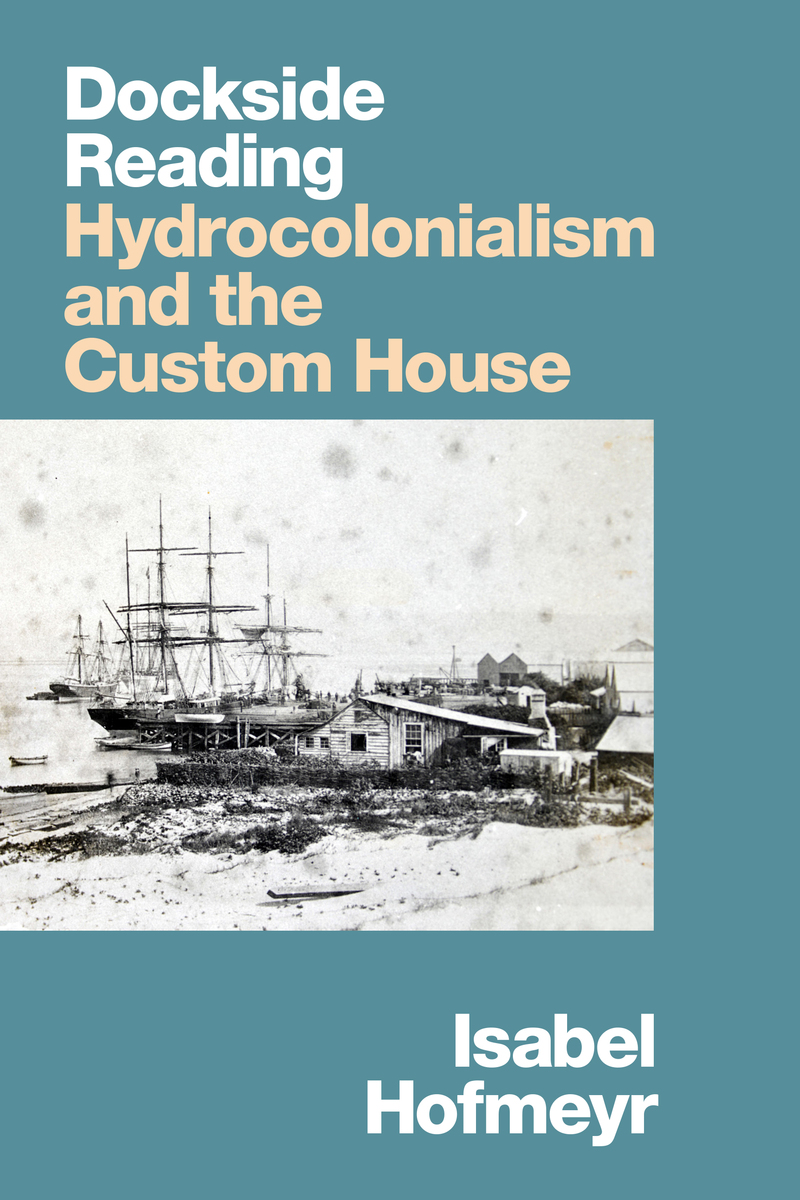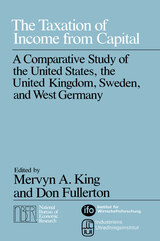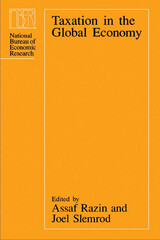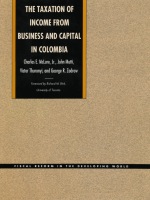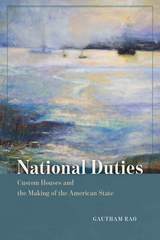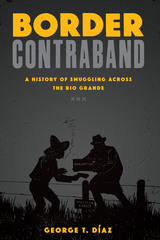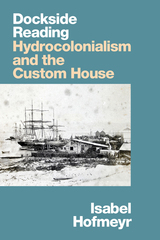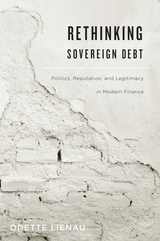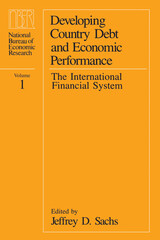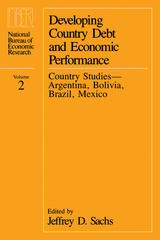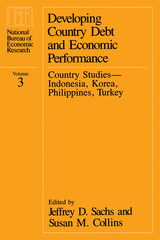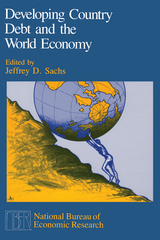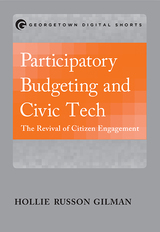Dockside Reading: Hydrocolonialism and the Custom House
Duke University Press, 2022
Cloth: 978-1-4780-1512-3 | Paper: 978-1-4780-1774-5 | eISBN: 978-1-4780-2236-7
Library of Congress Classification HJ6891.H64 2022
See other books on: Books and reading | Censorship | Copyright | Postcolonialism | Republic of South Africa
See other titles from Duke University Press
Cloth: 978-1-4780-1512-3 | Paper: 978-1-4780-1774-5 | eISBN: 978-1-4780-2236-7
Library of Congress Classification HJ6891.H64 2022
ABOUT THIS BOOK | AUTHOR BIOGRAPHY | REVIEWS | TOC | REQUEST ACCESSIBLE FILE
ABOUT THIS BOOK
In Dockside Reading Isabel Hofmeyr traces the relationships among print culture, colonialism, and the ocean through the institution of the British colonial Custom House. During the late nineteenth and early twentieth centuries, dockside customs officials would leaf through publications looking for obscenity, politically objectionable materials, or reprints of British copyrighted works, often dumping these condemned goods into the water. These practices, echoing other colonial imaginaries of the ocean as a space for erasing incriminating evidence of the violence of empire, informed later censorship regimes under apartheid in South Africa. By tracking printed matter from ship to shore, Hofmeyr shows how literary institutions like copyright and censorship were shaped by colonial control of coastal waters. Set in the environmental context of the colonial port city, Dockside Reading explores how imperialism colonizes water. Hofmeyr examines this theme through the concept of hydrocolonialism, which puts together land and sea, empire and environment.
See other books on: Books and reading | Censorship | Copyright | Postcolonialism | Republic of South Africa
See other titles from Duke University Press
